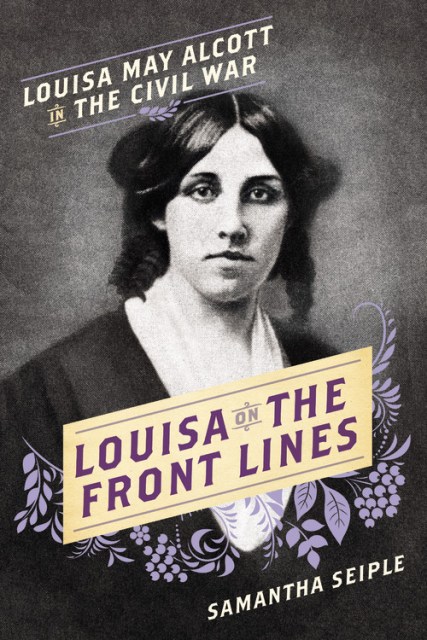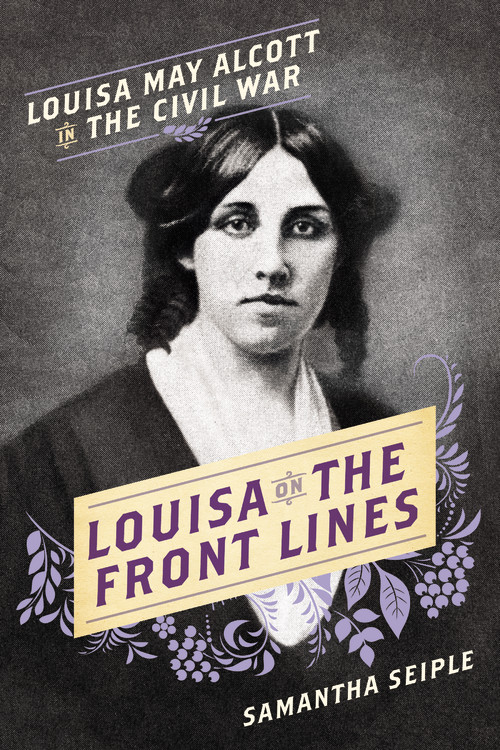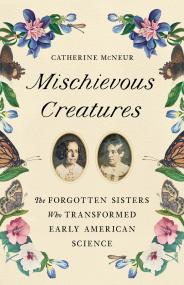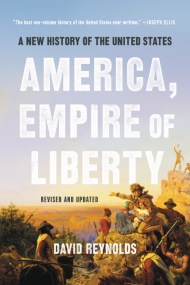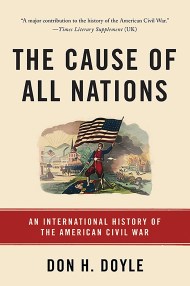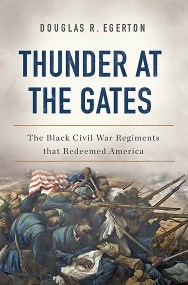By clicking “Accept,” you agree to the use of cookies and similar technologies on your device as set forth in our Cookie Policy and our Privacy Policy. Please note that certain cookies are essential for this website to function properly and do not require user consent to be deployed.
Louisa on the Front Lines
Louisa May Alcott in the Civil War
Contributors
Formats and Prices
- On Sale
- Feb 26, 2019
- Page Count
- 256 pages
- Publisher
- Seal Press
- ISBN-13
- 9781580058049
Price
$27.00Price
$35.50 CADFormat
Format:
- Hardcover $27.00 $35.50 CAD
- ebook $16.99 $21.99 CAD
- Audiobook Download (Unabridged)
This item is a preorder. Your payment method will be charged immediately, and the product is expected to ship on or around February 26, 2019. This date is subject to change due to shipping delays beyond our control.
Buy from Other Retailers:
Louisa on the Frontlines is the first narrative nonfiction book focusing on the least-known aspect of Louisa May Alcott’s career — her time spent as a nurse during the Civil War. Though her service was brief, the dramatic experience was one that she considered pivotal in helping her write the beloved classic Little Women. It also deeply affected her tenuous relationship with her father, and inspired her commitment to abolitionism. Through it all, she kept a journal and wrote letters to her family and friends. These letters were published in the newspaper, and her subsequent book, Hospital Sketches spotlighted the dire conditions of the military hospitals and the suffering endured by the wounded soldiers she cared for. To this day, her work is considered a pioneering account of military nursing.
Alcott’s time as an Army nurse in the Civil War helped her find her authentic voice — and cemented her foundational belief system. Louisa on the Frontlines reveals the emergence of this prominent feminist and abolitionist — a woman whose life and work has inspired millions and continues to do so today,
-
"Louisa on the Front Lines is a lively account of a critical moment in Alcott's life, her time working as a nurse in the Civil War -- a moment that reverberates, sometimes in surprising ways, in her most beloved work."Louisa Thomas, Author of Louisa: The Extraordinary Life of Mrs. Adams
-
"Bravo to Samantha Seiple for her sensitive portrayal of the difficulties and the successes of Civil War nurses, as seen through the clear eyes of Louisa May Alcott."Dr. Patricia Brady, Historian and Biographer
-
"Louisa on the Front Lines tells the story of a powerful period in Louisa May Alcott's life--her brief occupation as a Civil War nurse. Samantha Seiple, with her lively, well-researched narrative, captures Alcott at a pivotal time in the history of our country and in her own career as a young writer. Readers will discover the story both engaging and informative. Alcott herself would have marveled at how Seiple's biographical and historical account reads like a novel!"Daniel Shealy, UNC Professor of English and editor of The Journals of Louisa May Alcott
-
"There's a beautiful humanness in Seiple's descriptions of Alcott...Readers will discover in these pages an author as vibrant as her writings, and find themselves returning to her work with fresh eyes. Alcott scholars will encounter a liveliness if not substantive new information."Library Journal
Newsletter Signup
By clicking 'Sign Up,' I acknowledge that I have read and agree to Hachette Book Group's Privacy Policy and Terms of Use
